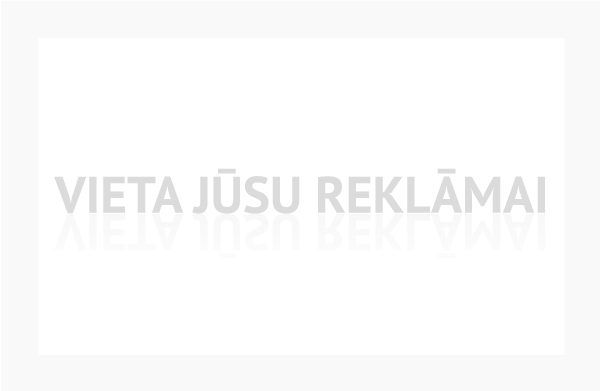Legal Differences Between Sports Betting and Online Casinos in Latvia
The Latvian online gambling industry is steadily growing, thanks to modern technology, the rise of smartphones, and stringent gambling controls. Various gambling operators must adhere to different legal standards in their operations. Sports betting and casino sites operate under distinct legal systems, though both are legal. Specific legal regulations regarding sports betting and online casinos in Latvia must be known by both operators and players to ensure they operate within the law.
Overview of the Latvian Gambling Market
The Latvian government regulated online gambling with the “Gambling and Lotteries Law” adopted in 2003. Complying with such a law, as done by sites like jauni-kazino.com, is not an easy task, but it is achievable. Under the supervision of the Lotteries and Gambling Supervisory Inspection (IAUI), this law governs all types of online gambling in Latvia.
The IAUI issues licenses for legal online sports betting and casino operations in Latvia. These companies operate according to different regulations and mandatory financial payments within the licensed region.
Key Legal Differences
According to the regulations, both types of betting services must comply with legal requirements, but the government treats them differently.
Types of Games and RNG Regulation
Sports betting requires real sports events and games to operate. Since the platform does not influence these results, they are stable and not rigged.
In contrast, online casinos offer RNG (random number generator) based games, such as slots, roulette, and blackjack. An additional regulatory system checks these RNG mechanisms through third-party organizations to ensure fair play.
Advertising Regulations
Online casino advertisements are subject to stricter restrictions than sports betting. Online casino offers must target only adults and reflect responsible gaming principles, even if social media and TV channels control their airtime.
Sports betting has more flexibility, as they can sponsor sports events and offer promotional odds to clients. Both platforms must follow the Latvian Advertising Law and guidelines issued by the IAUI.
Legal Obligations of Operators
All gambling operators conducting business in Latvia must meet several specific compliance standards. These include:
● Anti-Money Laundering (AML) procedures
● Secure user data processing according to GDPR
● Transparent terms and conditions for bonuses and promotions
Gambling players can access responsible gambling tools, which include the ability to set deposit limits and self-exclusion options. All clients must prove their age before gambling, as the minimum requirement is 18 years.
Summary of Legal Differences Between Sports Betting and Online Casinos
The legal specifications of sports betting differ from those of online casinos, noting the following key points.
- Each gambling operation requires an individual operating license for regulatory purposes.
- The law controls casino games through random number generation protocol testing, whereas sports betting involves applying actual betting odds.
- Sports betting, using a 10% Gravitational gross revenue, must pay taxes, while the online casino tax rate reaches 15% of Gravitational gross revenue.
- Advertising: more restrictions regarding casinos
Online casinos organize virtual games, whereas sports betting relies on games based on actual sports events.
Final Thoughts
The development of Latvia’s gambling system has prioritized player protection and fair gambling practices to foster an industry that can expand under regulatory oversight. Sports betting and online casinos face legal authorization challenges, but their regulatory requirements and tax obligations respectively illustrate the different risks users face on each platform.
Both players and operators need to understand these legal differences to choose platforms that best suit their preferences and legal requirements. Successful operation of Latvian gambling businesses requires operators to properly manage these legal differences, as this knowledge promotes both customer trust and license maintenance.










